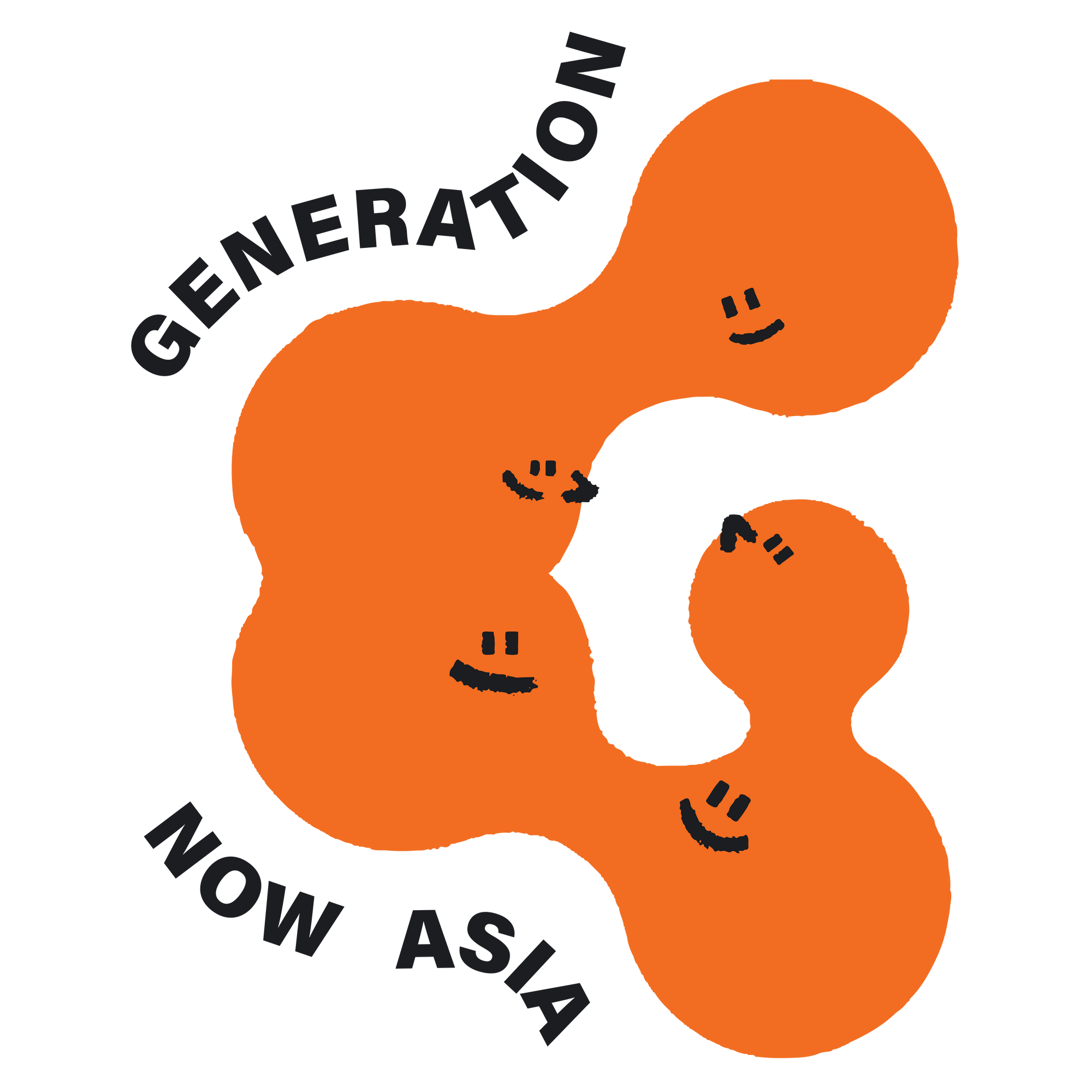【移工伊斯蘭信仰在台灣之衝突與困境】Southeast Asian Muslim community still experience discrimination in Taiwan

作者:彭靖婷 (2024年03月18日)
在新南向政策(NSP)的推動下,政府希望可以促進彼此的相互交流,也因此越來越多的東南亞學生選擇來台灣深造。此外,由於台灣的發展速度持續快於東南亞鄰國,來自該地區的移工到台灣就業的人數也在逐步增長。這些學生和移工在台灣生活,其中一些人同時也帶來了他們的伊斯蘭信仰,豐富了台灣社會的多樣性。然而,穆斯林社群在台灣生活仍然面臨挑戰,包括歧視和伊斯蘭恐懼症。
特別是印尼和馬來西亞的女性,他們曾經在工作中被要求脫下頭巾,以及遭遇到因為宗教服飾而受到歧視的案例。
此外,台灣的穆斯林常常需要應對與其宗教信仰衝突的社會規範。例如,伊斯蘭教認為豬是骯髒不可觸摸的動物,然而台灣的小吃、料理中經常使用豬肉、豬油做為內餡及調味,例如小籠包、肉燥飯、豬腳等,許多雇主或是仲介因為不了解伊斯蘭信仰、文化,要求這些移工入境隨俗,使得他們被迫違反信仰吃豬肉。
《勞動基準法》目前未能將保護範圍擴大到家庭看護工和照護人員,使他們無法獲得每週休息一天的法律保障。這對東南亞家事移工的影響尤其嚴重,他們的工作時間安排得非常緊湊,經常沒有任何的休息時間,因而導致沒有時間進行原本每日的宗教儀式,譬如說穆斯林一日定時五次的拜禱。也就是說,他們實際上是被剝奪了遵守其宗教習俗的權利。儘管勞動部聲稱,被剝奪每週休息日進行宗教活動的家政服務人員可以向勞動部投訴,但許多東南亞穆斯林移工因擔心危及其就業地位而猶豫不決。
目前移工人數多達 75 萬人,其中印尼移工更佔了其中的 27 萬人,為各國移工比例中最高。隨著台灣雇用更多的東南亞移工來照顧老年人口,讓雇主肯認並尊重他們帶來的文化多樣性是至關重要的事情。每個人都應有權利自由地信仰宗教,而且免於被歧視的恐懼。請讓我們共同呼籲台灣雇主:不僅要認識、還要尊重移工的宗教信仰。台灣應該營造一個包容和尊重的環境,以履行我們對人權的承諾,並確保所有移工,無論其背景如何,都可以獲得有尊嚴的和公平的對待。
As a result of Taiwan’s New Southbound Policy (NSP), Taiwan is seeing an increase in the enrolment of Southeast Asian students choosing to study in the country. The NSP initiative has an emphasis on fostering student exchanges and positioning Taiwan as a global study destination for students and scholars from ASEAN nations. In addition, as Taiwan continues to develop faster than the neighbouring Southeast Asian countries, the number of migrant workers from the region seeking employment in Taiwan has also been steadily increasing. These students and workers live in Taiwan, with some individuals also bringing their Islamic faith with them, contributing to the embraced cultural diversity of Taiwan. However, people from the muslim community still face challenges while living in Taiwan, including instances of discrimination and islamophobia.
In particular, Indonesian and Malaysian women have voiced their grievances, recounting instances where they were asked to remove their hijab to secure employment and received discrimination due to their religious attire.
Moreover, Muslim individuals in Taiwan often find themselves having to navigate societal norms that clash with their religious beliefs. For instance, Islam considers pigs to be unclean and untouchable animals, yet pork and lard are often used as fillings and flavouring in Taiwanese cuisine, such as soup dumplings, braised pork rice, and pork knuckle. There have been reports of Taiwanese employers not understanding or respecting Islamic beliefs, forcing their muslim employees to violate their halal values by consuming pork.
In addition, The Labour Standards Act currently fails to extend its protections to domestic workers and caretakers, leaving them without the legal guarantee of a weekly rest day. This exclusion particularly affects Southeast Asian domestic workers - who are subjected to gruelling work schedules without any respite - effectively depriving them of the chance to observe their religious practices due to employers denying them time off. Although the Ministry of Labor (MOL) asserts that domestic caregivers denied a weekly rest day for religious observance can file complaints with the ministry, many Southeast Asian Muslim migrant workers hesitate to do so for fear of jeopardising their employment status.
As Taiwan continues to invite more Southeast Asian students, and employ more migrant workers to give care to its ageing population, it’s imperative that employers acknowledge and respect the diversity of cultures they bring with them. Every individual should have the right to practise their religion freely without fear of discrimination. Let’s come together to call on Taiwanese employees to not only recognise but also honour the religious beliefs of their employees. By fostering an environment of inclusivity and respect, Taiwan can uphold its commitment to human rights and ensure that all students and workers, regardless of their background, are treated with dignity and fairness.
Sources:
- Malaysian student 'baffled' by request to remove hijab at Taipei job interview, Taiwan News, 2023
- Taiwan Ministry of Labor
- 2022 Report on International Religious Freedom Taiwan, US Department of State
- 穆斯林迎齋戒月 移工一站式服務中心調整供餐, CNA



